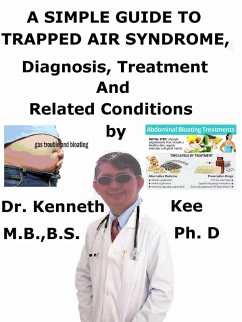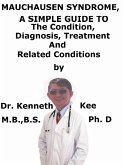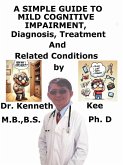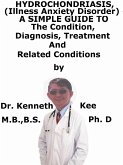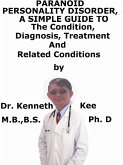Trapped air syndrome, also known as trapped gas, is a disorder where air becomes trapped in the lungs or digestive tract, causing discomfort or pain.
Trapped air syndrome is a common condition that can affect people of all ages.
The main cause of trapped air syndrome is swallowing air while eating, drinking, or talking.
This air can become trapped in the digestive tract and cause symptoms.
Factors that may increase the risk of developing trapped air syndrome include eating or drinking too quickly, chewing gum, smoking, wearing loose dentures, and certain medical disorders such as irritable bowel syndrome (IBS) or gastro-esophageal reflux disease (GERD).
Normally, air swallowed in this way passes into the gullet (esophagus) and down into the stomach.
However, sometimes air is sucked into the back of the throat (the pharynx) and is burped out before it reaches the esophagus. This is known as supra-gastric belching.
Some people swallow air purposely to induce belching, as they find this assists to relieve symptoms of indigestion.
Foods which are well known to cause excessive wind in the gut are:
Broccoli
Brussels sprouts.
Starchy foods such as potatoes, corn and noodles.
Foods high in soluble fiber (e.g., fruit, peas and beans).
Lactose intolerance happens when the body has difficulty digesting lactose.
Fructose intolerance is the most frequent of food intoleramce.
Foods high in fructose are dried fruit, honey, sucrose, onions and artichokes.
Medicines the person are taking, as wind, gas or bloating can be side-effects are:
Metformin (a medicine for diabetes) and lactulose (a laxative) are well known to cause these symptoms.
Antacids such as magnesium trisilicate help to combat indigestion but they can increase the amount of carbon dioxide produced in the stomach, and exaggerate belching.
Most people with gas-related symptoms have raised sensitivity to gas or have one of the causes of increased gas production.
Sometimes, these symptoms can be caused by diseases of the bowel.
Occasionally the illness can be short-lived such as acute gastroenteritis, often caused by infection with a virus, can result in a short-term condition linked with increased gas.
Occasionally, trapped air symptoms can be indications of long-term diseases.
All of them can produce at least one gas-related symptom (i.e. abdominal pain, excess wind or bloating).
Frequent symptoms of trapped air syndrome are bloating, chest or abdominal pain or discomfort, belching, and flatulence.
Trapped air syndrome is normally diagnosed from the patient's symptoms and medical history.
Treatment for trapped air syndrome typically is directed on relieving the symptoms.
Dietary changes (such as avoiding gas-producing foods),
Lifestyle modifications (such as eating more slowly and avoiding chewing gum), and
Medicines to reduce gas production or relieve symptoms.
Exercise to relieve abdominal gas-related symptoms.
This is due to movement of abdomen and the upright position, as lying flat tends to stop gas from moving round the body.
Psychological therapies may be helpful for people with a low tolerance to an abnormal amount of gas in the stomach.
Trapped air in the lungs can happen in people with lung disorders such as asthma or chronic obstructive lung disease (COLD).
TABLE OF CONTENT
Introduction
Chapter 1 Trapped Air Syndrome
Chapter 2 Cause
Chapter 3 Symptoms
Chapter 4 Diagnosis
Chapter 5 Treatment
Chapter 6 Prognosis
Chapter 7 Trapped Air Lungs
Chapter 8 COLD
Epilogue
Dieser Download kann aus rechtlichen Gründen nur mit Rechnungsadresse in A, B, CY, CZ, D, DK, EW, E, FIN, F, GR, H, IRL, I, LT, L, LR, M, NL, PL, P, R, S, SLO, SK ausgeliefert werden.

